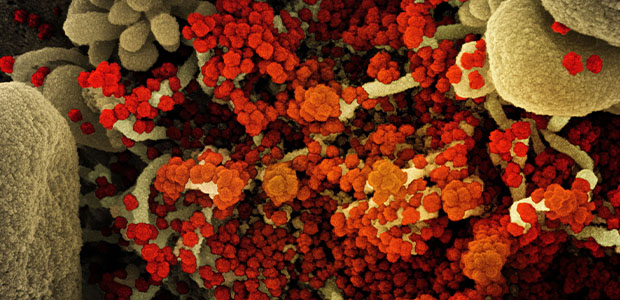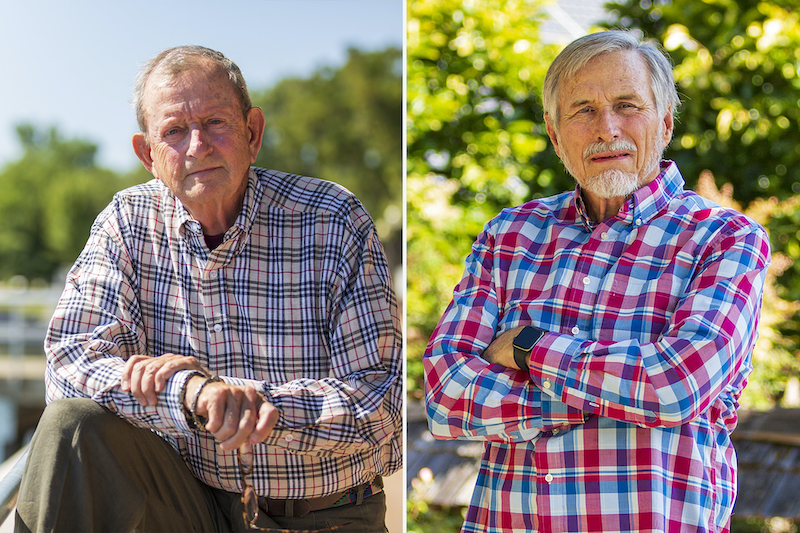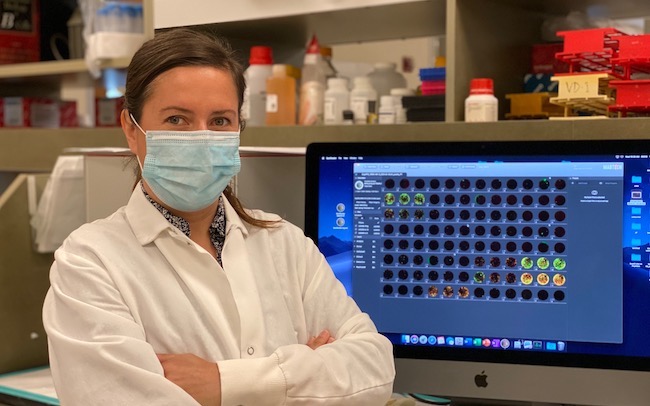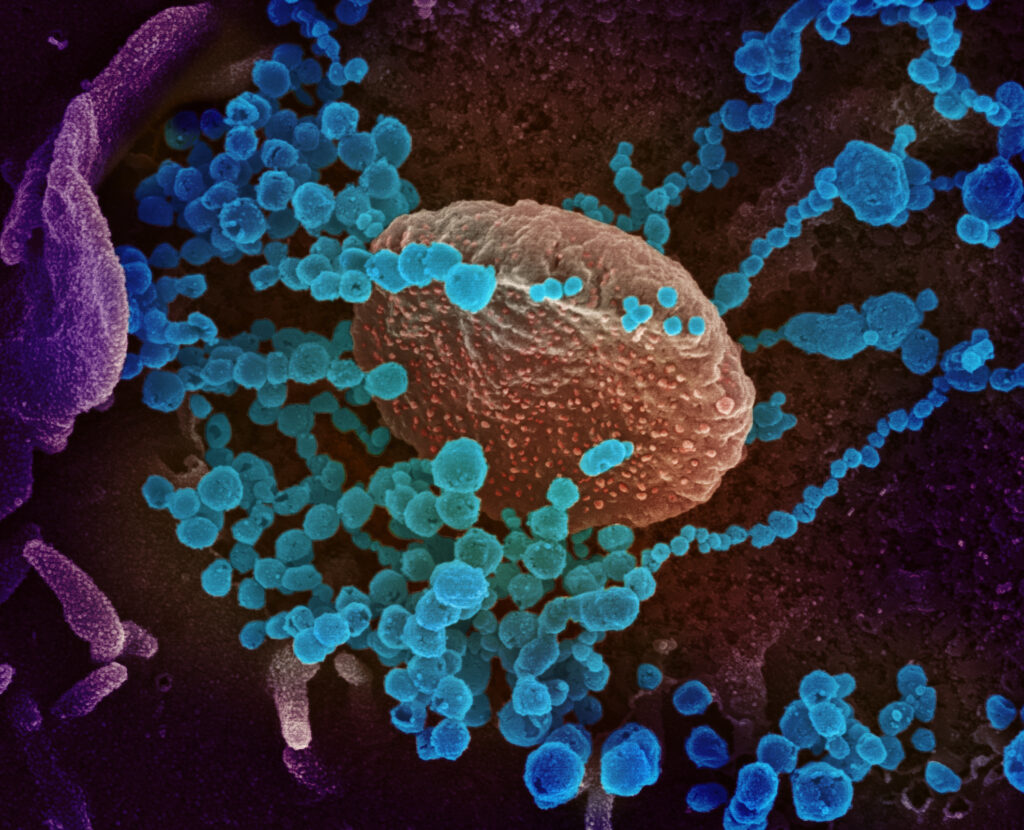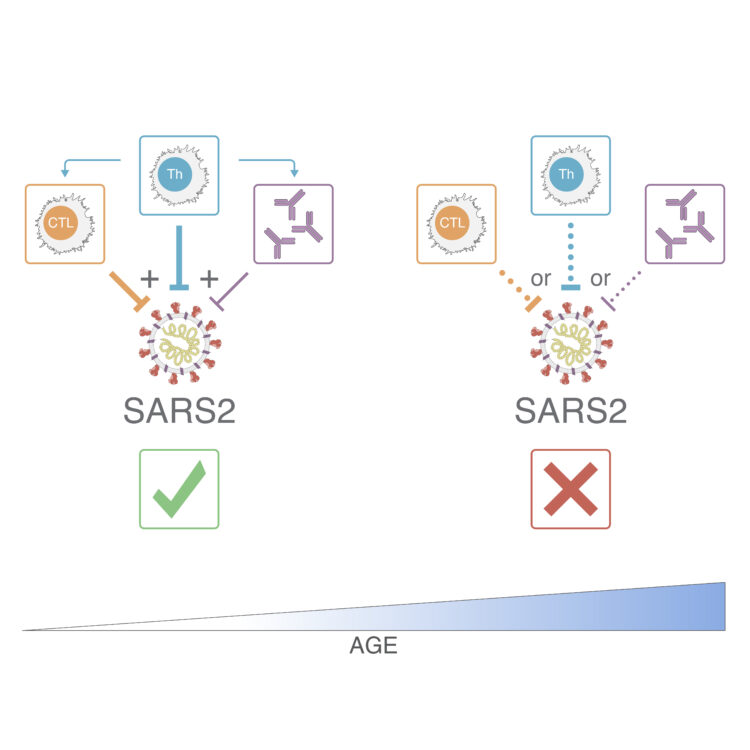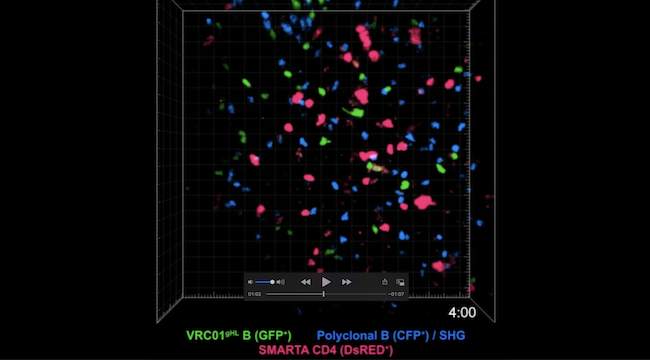LATEST NEWS
- In the News
Immunity to the novel coronavirus may last eight months or longer, according to a new study authored by respected scientists at leading labs, which found that individuals who recovered from the coronavirus developed “robust” levels of B cells and T cells (necessary for fighting off the virus) and “these cells may persist in the body for a very, very long time.”
- In the News
San Diego scientists and trial participants are cautiously optimistic after early reports that Pfizer’s COVID-19 vaccine is highly effective
- In the News
The body’s immune system is immensely intricate. A new study released in the UK is causing a stir because of what it says about possible limits to our immunity to COVID-19. Dr. Alessandro Sette talks with The World’s Marco Werman about what the study’s results mean for the possibility of a strong coronavirus vaccine.
- Institute News
New immune cell studies may shed light on heart attacks, inflammation seen in COVID-19 patients
- Immune Matters
“Over the years, we’ve figured out various ways to do good in the world.”
- Institute News
New funding from the National Cancer Institute will let scientists get “whole picture” of the immune response
- Research News
Scientists in the U.S. and U.K. publish first in-depth look at how CD4+ T cells fight SARS-CoV-2
- Research News
COVID-carrying skiers may help explain disease trends in Germany
- Research News
Finding may help explain why people 65 and above face a higher risk of falling critically ill with COVID-19
- Research News
LJI and Scripps Research scientists tackle the problem of antigen valency
- Institute News
The National Institute of Allergy and Infectious Diseases (NIAID) has awarded more than $6.4 million to Dr. Saphire to support research toward COVID-19 antibody therapeutics.
- Research News
New understanding of immune cell origins may offer cancer and COVID-19 drug targets



